
Top 10 Must-Haves for a Compensation Management System
In today’s dynamic business landscape, companies are constantly striving to attract and retain top talent. Businesses who view compensation as a strategy are often more









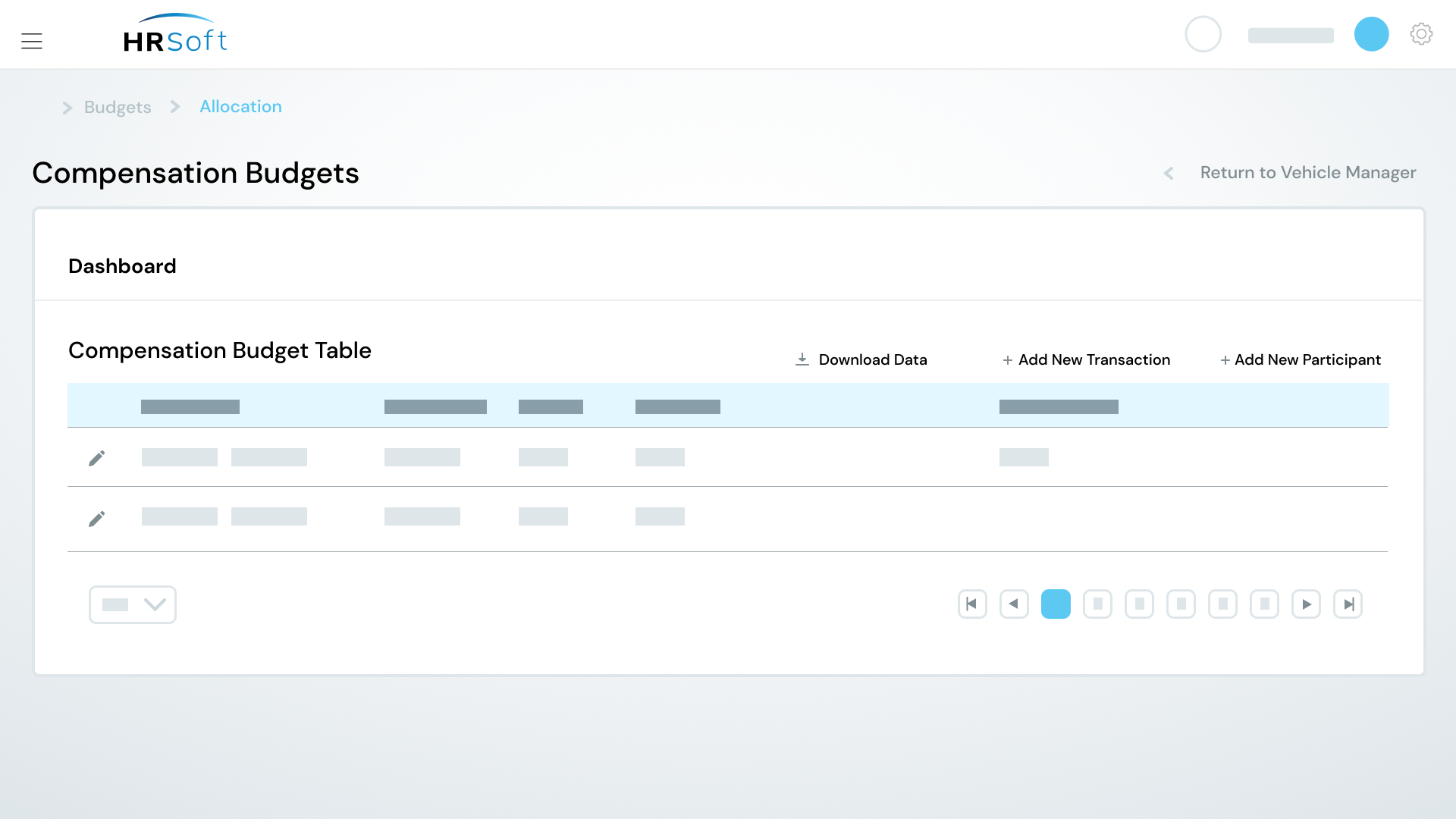
Reward high performers and retain top talent with HRSoft’s salary management capabilities.
Empower your organization to strategically allocate compensation budgets while ensuring competitiveness, fairness and alignment with business objectives.
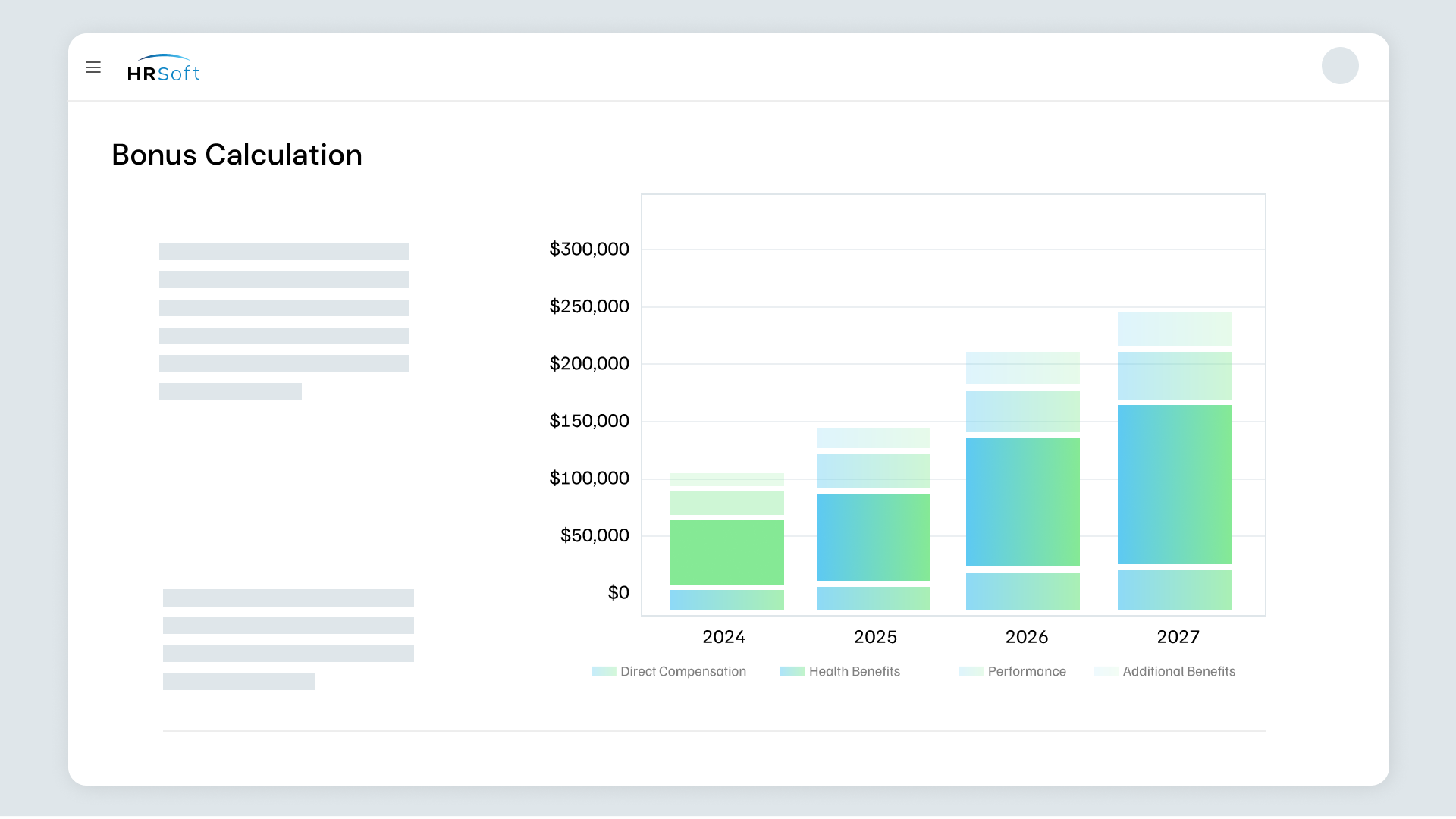
When you have various plan designs that need to fit your organization’s unique demographic, choose HRSoft for total compensation management.
Automate complex bonus calculations and facilitate review and leader discretion to ensure accurate, timely and fair distribution of bonuses aligned with your organization’s performance metrics.
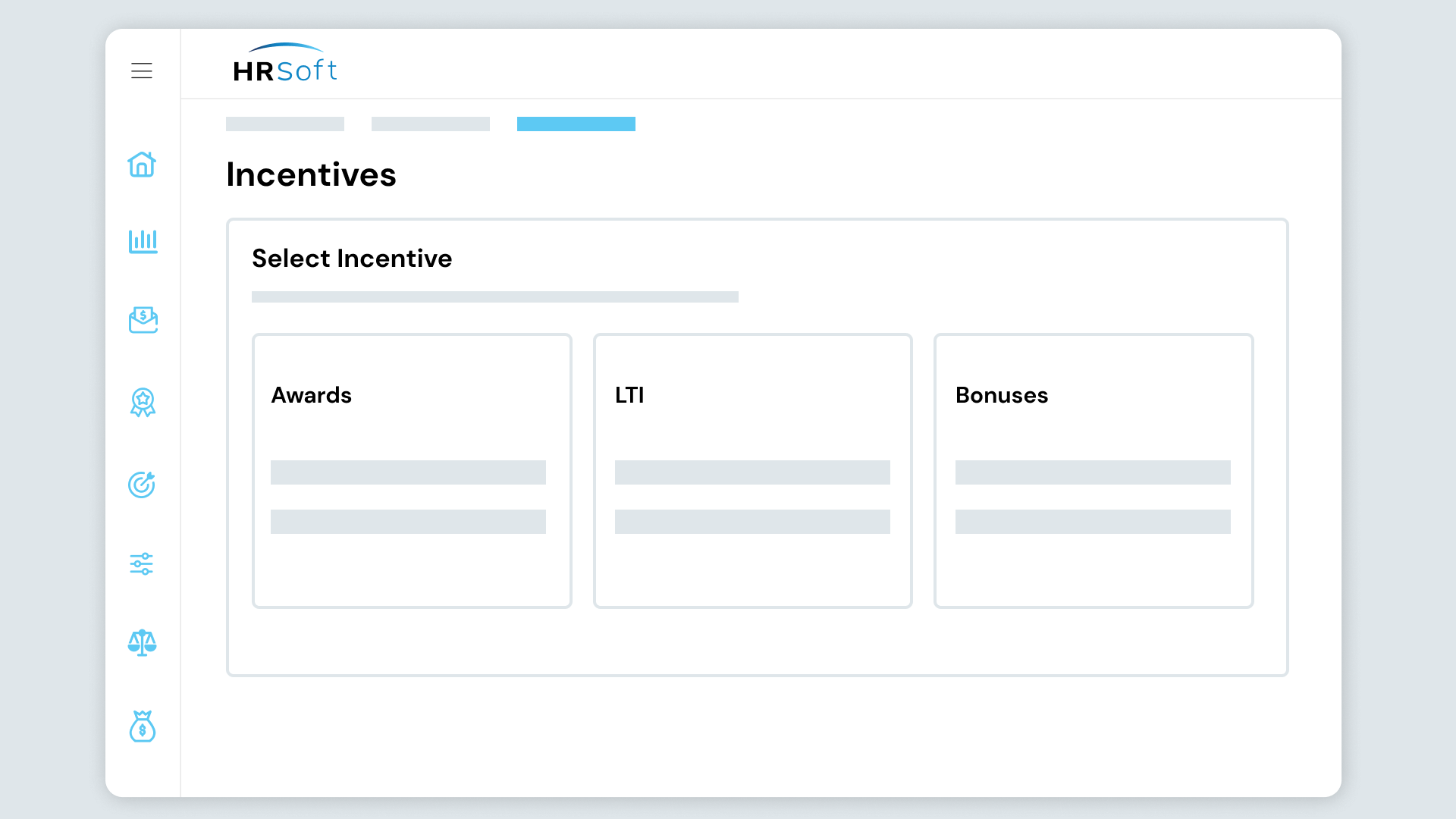
Retain key talent by offering future financial incentives, including long-term incentives and bonus deferrals.
HRSoft is a flexible solution for distributing and managing compensation awards over an extended period while remaining compliant and supporting various deferred compensation arrangements.
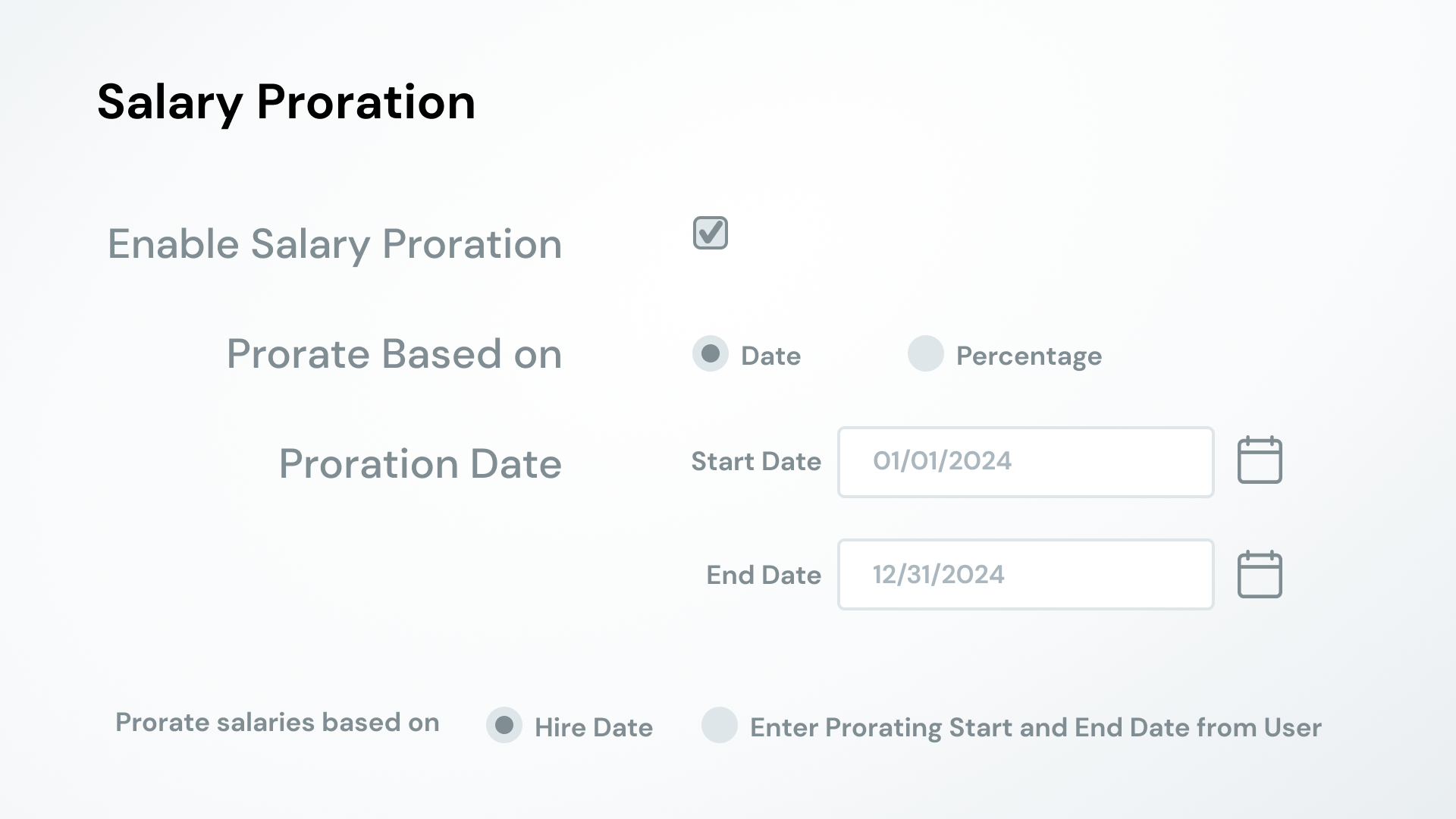
Ensure employees are compensated fairly for their contributions based on tenure and performance during their incentive period, including changes in jobs or areas of responsibility.
Establishing sophisticated proration rules helps to maintain equity and motivation among employees even as roles evolve.
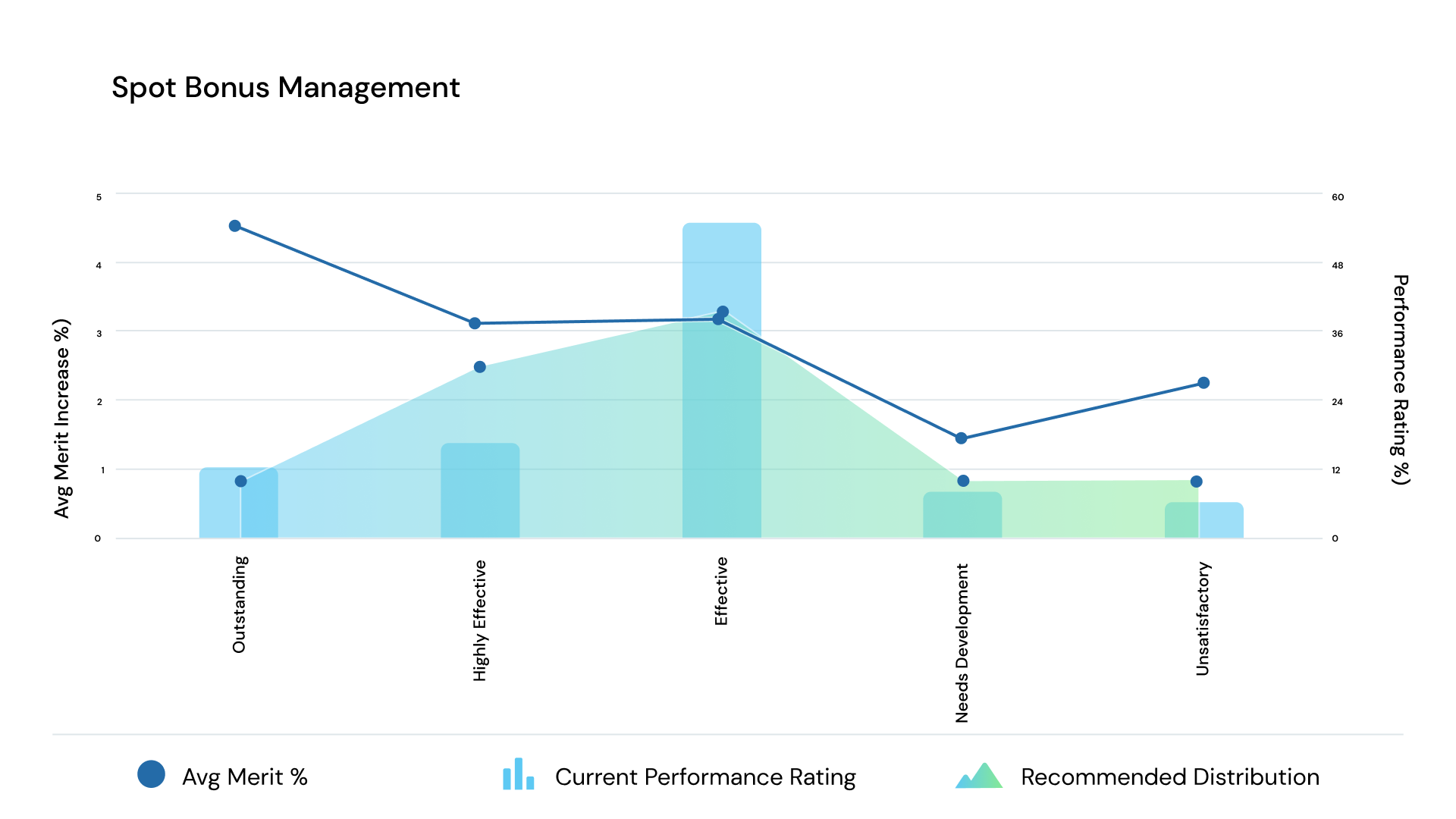
Promote a culture of recognition by rewarding employees for exceptional performance and contributions outside the regular compensation cycle.
This approach boosts morale and encourages continuous high performance and engagement throughout your organization.
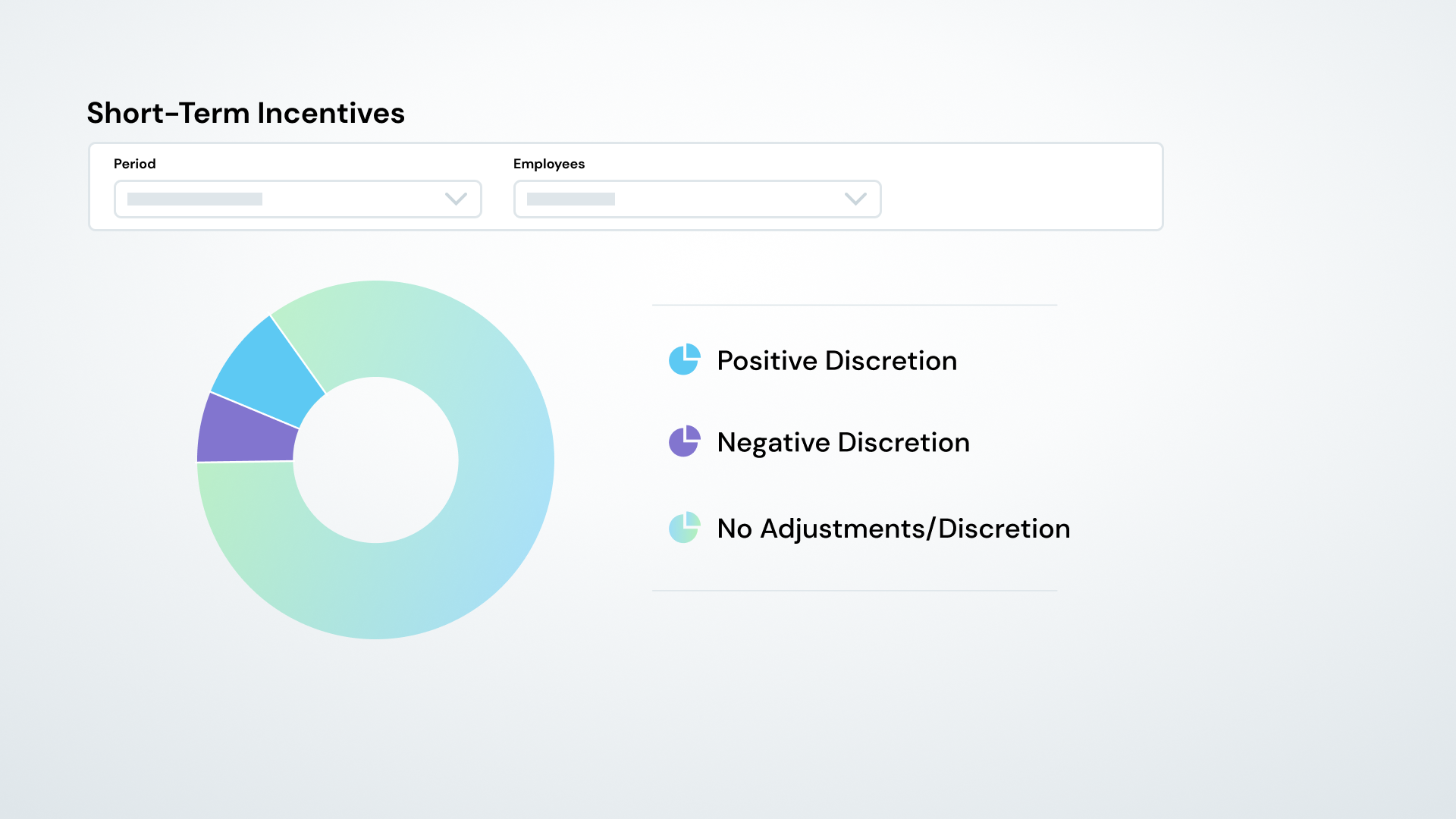
Implement, manage and optimize incentive programs that operate on shorter timeframes than traditional annual or quarterly programs.
HRSoft allows you to align more closely with real-time performance metrics and business objectives so you can adapt quickly to changing conditions and reward performance more dynamically.

In today’s dynamic business landscape, companies are constantly striving to attract and retain top talent. Businesses who view compensation as a strategy are often more

In today’s competitive business landscape, companies strive to attract and retain top talent by offering competitive compensation packages. However, managing compensation effectively can be a

As organizations strive to attract, retain, and motivate top talent, compensation management continues to evolve. In the year 2024, several trends are expected to shape
Give your team the tools they need to make better compensation decisions from day one.
A typical compensation package includes: